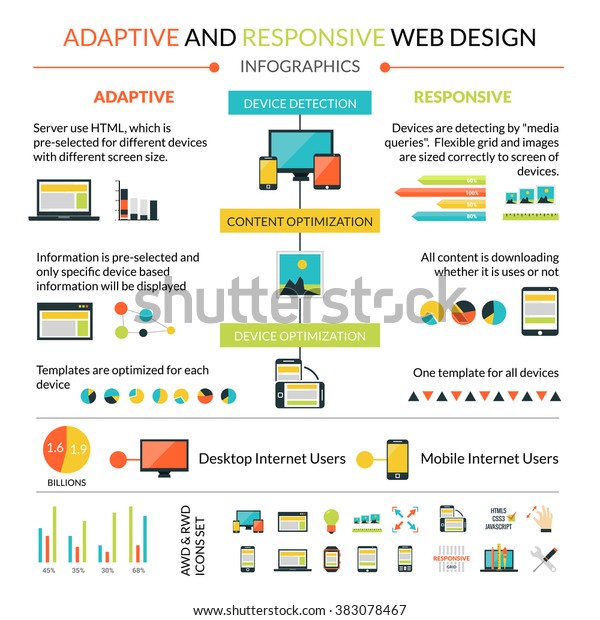Tips For Improving Web Site Rate And Efficiency Via Host
Tips For Improving Web Site Rate And Efficiency Via Host
Blog Article
Web Content Author-Kenny Guldborg
They claim 'time is money,' and in the world of website hosting, this couldn't be much more true.
When it pertains to your site's speed and efficiency, every second matters. Slow loading times can frustrate customers and drive them away, causing lost opportunities and potential earnings.
But fear not, there are ways to enhance your website's rate and efficiency via host. In this discussion, we will certainly check out some important suggestions and techniques that will certainly aid you enhance your website's performance and maintain your visitors involved.
So, buckle up and prepare yourself to unlock the tricks of a lightning-fast website!
Picking the Right Host Supplier
When it involves boosting your internet site rate and efficiency, selecting the right webhosting carrier is important. A great web hosting supplier can substantially impact the packing rate, uptime, and overall performance of your website.
To ensure you make the right selection, consider elements such as server area, server resources, and customer support. Opt for a provider that has web servers located close to your target audience to reduce latency and improve filling times.
Furthermore, check the web server sources provided, such as RAM, CPU, and storage space, to ensure they meet your website's needs.
Finally, reputable and responsive consumer support is crucial for attending to any type of technological concerns immediately.
Optimizing Web Site Caching and Compression
To enhance web site caching and compression, take into consideration executing effective methods to improve loading times and reduce file sizes. Below are 3 means to achieve this:
- ** Take advantage of web browser caching **: Establish the expiry header for fixed files to encourage web browsers to cache them. simply click the following site , visitors do not need to download and install the exact same documents repeatedly, leading to faster page tons.
- ** Enable Gzip compression **: Compressing your website's files reduces their size, enabling them to be transferred quicker to site visitors' web browsers. Enable Gzip compression on your web server to achieve this, efficiently reducing load times.
- ** Utilize CDN services **: Content Delivery Networks (CDNs) store your site's static documents on several servers worldwide. By using a CDN, site visitors can access these data from the server nearby to them, minimizing latency and enhancing loading speeds.
Decreasing Server Response Time
Think about carrying out methods to lessen server reaction time in order to improve website speed and performance.
Web server reaction time refers to the amount of time it takes for a server to reply to a request from an individual's browser. view it can significantly impact the general speed and performance of your site, bring about a bad customer experience and potential loss of visitors.
To minimize server action time, you can start by maximizing your web site's code and database queries to ensure they're efficient and streamlined. Additionally, selecting a dependable and high-performance webhosting service provider can make a considerable distinction in minimizing web server action time.
Finally, applying caching and web content distribution networks (CDNs) can help disperse the tons and boost response times for users situated in different regions.
Verdict
In general, by selecting a trustworthy web hosting service provider, enhancing caching and compression, and decreasing web server reaction time, you can boost your web site's rate and efficiency.
Consider it as a well-oiled equipment, with each component working effortlessly with each other to offer a smooth and reliable user experience.
So, don't neglect the significance of host when it pertains to boosting your website's performance-- it's the engine that keeps things running smoothly.
